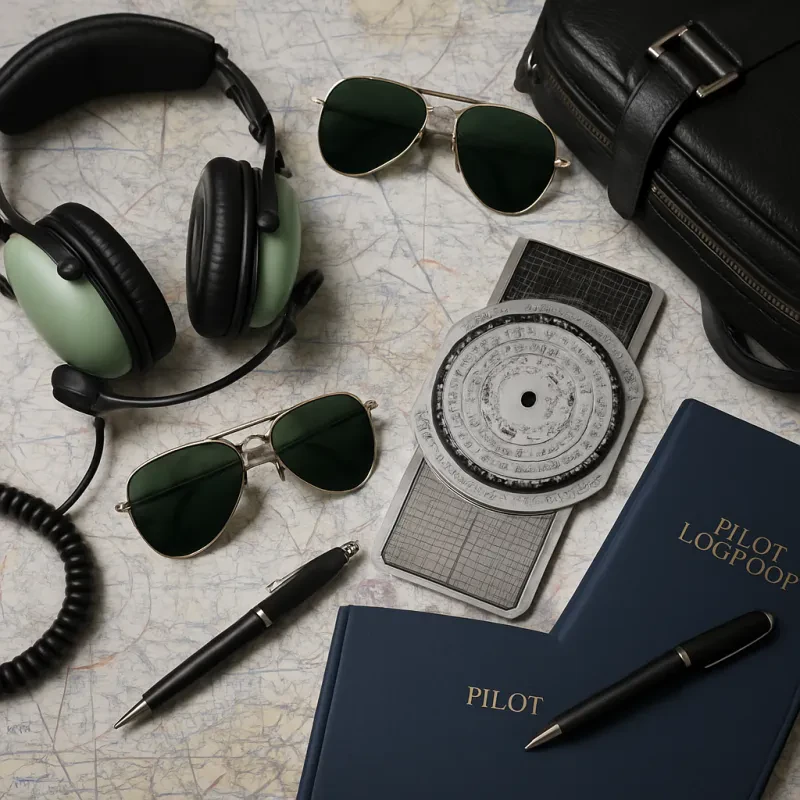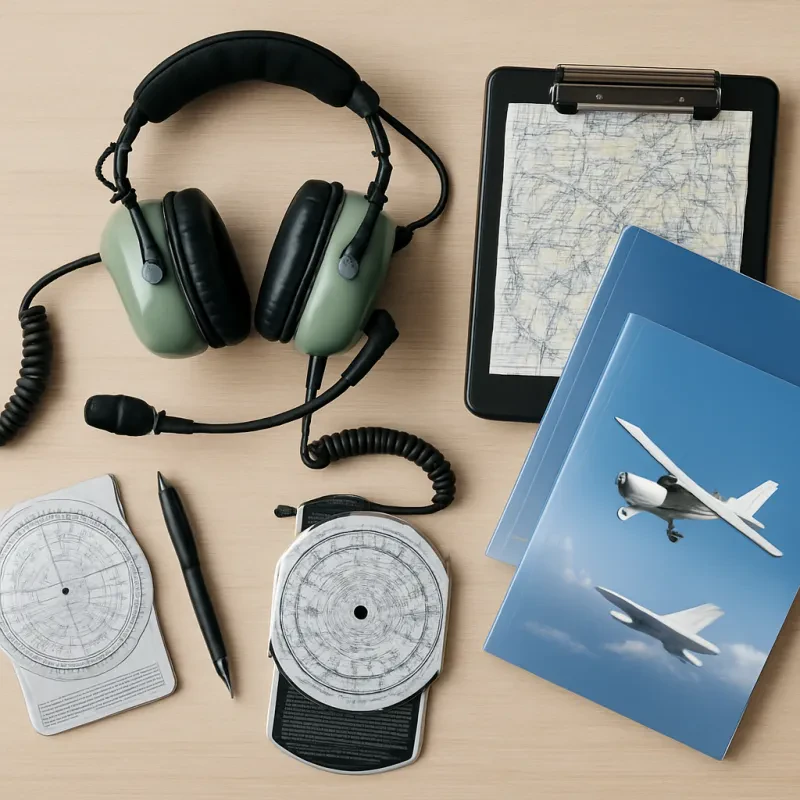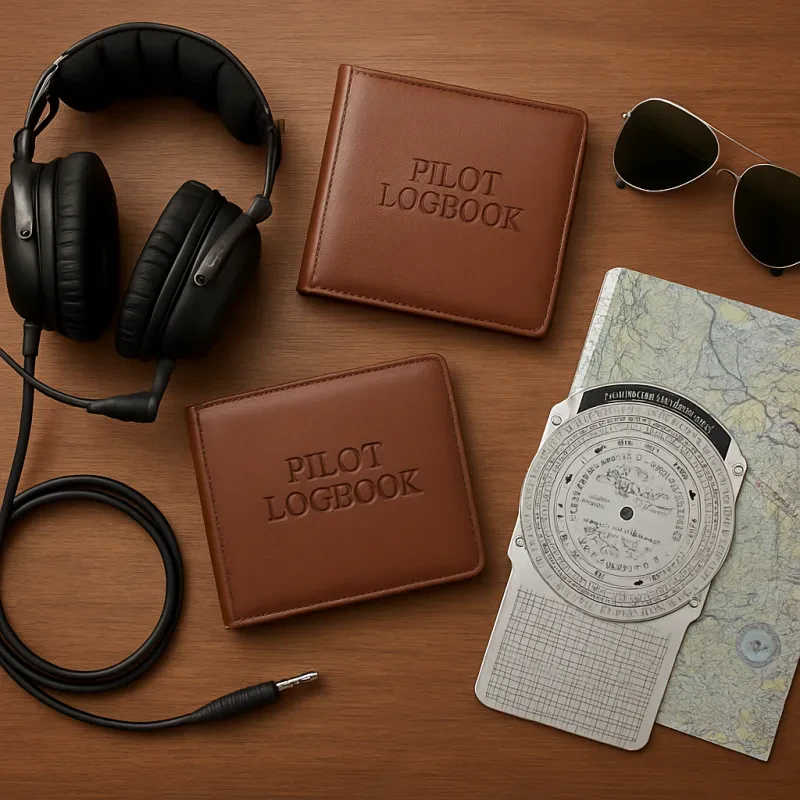In the world of aviation, a career as a pilot is often the first thing that comes to mind. However, there is an entire sky full of aviation career options beyond the cockpit. These alternative career paths offer unique opportunities for individuals passionate about aviation but may be seeking a different role in this exciting industry.
One such option is a career as an aviation engineer. Aviation engineers play a crucial role in designing, developing, and maintaining aircraft and related systems. From creating new engines for more fuel-efficient planes to designing innovative wings for reduced drag, aviation engineers constantly strive to improve the safety, efficiency, and performance of aircraft. This career requires a strong aptitude for math, science, and technology, as well as critical thinking and problem-solving skills.
Another intriguing alternative aviation career is aviation management. With the constant growth and evolution of the aviation industry, there is a high demand for skilled managers who can navigate the complexities of this fast-paced field. Aviation managers oversee airport operations, air traffic control systems, aircraft maintenance, and even aviation security. They ensure smooth operations while adhering to industry regulations, managing budgets, and coordinating diverse teams. A career in aviation management requires excellent organizational and leadership skills, as well as a deep understanding of the aviation industry.
For those with a passion for aviation and a talent for artistic expression, a career in aviation design might be the perfect fit. Aviation designers combine their creativity and knowledge of aerodynamics to develop the visual aesthetics of aircraft. Whether it's designing the interior of a private jet or creating captivating liveries for commercial airlines, aviation designers play a crucial role in shaping the look and feel of the aviation industry. This career path requires strong artistic skills, a keen eye for detail, and an understanding of aviation regulations and safety.
Navigating the Airways: From Aviation Maintenance to Air Traffic Control
Welcome to the world of aviation careers, where the sky is the limit! If you are fascinated by all things planes, airports, and air travel, then you'll be thrilled to know that there is a wide range of career options available in this exciting field. In this article, we will delve into two diverse yet interconnected professions within the aviation industry: aviation maintenance and air traffic control.
Aviation Maintenance
Have you ever wondered how planes stay in the air and function so flawlessly? Aviation maintenance technicians are the unsung heroes behind the scenes, ensuring the safety and airworthiness of aircraft. As an aviation maintenance professional, your job will involve inspecting, repairing, and maintaining various components of an aircraft, including the engines, electrical systems, and landing gear.
This challenging and rewarding career requires a keen eye for detail and a strong understanding of mechanics and electronics. If you enjoy hands-on work and are fascinated by aircraft technology, pursuing a career in aviation maintenance may be the perfect fit for you. Moreover, the demand for skilled aviation maintenance technicians is constantly growing, making this profession an excellent choice for those seeking job stability and opportunities for advancement.
Air Traffic Control
When you look up at the sky and see planes flying in perfect harmony, it's all thanks to the dedicated professionals in air traffic control. These individuals are responsible for ensuring the safe and efficient flow of air traffic, both at airports and in the skies. Air traffic control is a high-pressure job that requires excellent communication skills, quick decision-making abilities, and the ability to handle stressful situations with poise.
As an air traffic controller, you will be responsible for directing pilots during takeoff and landing, providing them with vital information about weather conditions, traffic congestion, and directing them to the appropriate runway. You will also be monitoring aircraft movements using radar and other advanced technology, ensuring that planes are flying on designated flight paths and maintaining safe distances from one another.
These two careers within the aviation industry are just a snapshot of the incredible opportunities available to aviation enthusiasts like yourself. Whether you choose to pursue a career in aviation maintenance or aspire to become an air traffic controller, both paths offer unique challenges, fulfillment, and the chance to be part of a dynamic industry that keeps the world connected through the air.
From Runways to Radars: Technical Careers in Aviation
Aviation offers a diverse range of career opportunities for individuals with a passion for technology and a desire to work in a dynamic field. From designing cutting-edge aircraft to ensuring their safe operation through advanced radar systems, technical careers in aviation play a crucial role in the industry's growth and development.
One of the key technical roles in aviation is that of an aerospace engineer. These skilled professionals are responsible for designing and developing new aircraft, propulsion systems, and related components. They employ their knowledge of aerodynamics, materials science, and computer-aided design to create innovative and efficient aircraft that meet the industry's evolving needs. Aerospace engineers also work on improving existing aircraft models and addressing performance issues.
Another exciting technical career in aviation is in the field of avionics. Avionics technicians play a vital role in ensuring the safe and efficient operation of aircraft systems. They install, maintain, and repair electronic systems and equipment on airplanes, such as navigation aids, communication systems, and radar systems. These professionals are well-versed in troubleshooting complex electrical and electronic systems, often working in tight spaces and under time pressure to minimize disruptions to flight schedules.
As technology continues to advance, the demand for skilled aviation technicians is also growing. From aircraft mechanics and air traffic controllers to drone operators and cybersecurity specialists, there is no shortage of technical career options in this exciting industry. Whether you are fascinated by the mechanics of flight, the implementation of cutting-edge systems, or the constantly evolving world of aviation technology, a technical career in aviation offers a sky full of possibilities.
Flying High on Wings of Creativity: Non-Technical Aviation Careers
When most people think of aviation careers, their minds often drift towards pilots, air traffic controllers, and aircraft mechanics. However, the field of aviation offers a vast array of non-technical career options that are equally exciting and fulfilling. For those with a keen interest in aviation and a flare for creativity, these non-technical roles can provide an incredible opportunity to soar high in the industry.
One such career path is aviation journalism. Aviation journalists play a vital role in informing and educating the public about the world of aviation. From covering the latest technological advancements to reporting on groundbreaking research, these journalists help bridge the gap between the aviation industry and the general public. Their work can be found in aviation magazines, newspapers, and online platforms, providing readers with valuable insights into this ever-evolving field.
If you have a passion for storytelling and a love for aviation, a career in aviation photography could be your calling. Aviation photographers capture breathtaking images of aircraft, both on the ground and in the air. Whether it's capturing the beauty of a sunset flight or documenting the intricacies of aircraft design, aviation photographers play a crucial role in capturing and preserving the visual history of aviation. Their work can be found in aviation publications, exhibitions, and even museums, showcasing the marvels of flight.
For those with a gift for design and aesthetics, a career in aviation branding and marketing could be a perfect fit. Aviation companies require unique branding and marketing strategies to distinguish themselves in a competitive industry. Aviation branding experts conceptualize and design compelling logos, liveries, and advertising campaigns that resonate with the target audience. By combining their creative prowess with a deep understanding of the aviation industry, these professionals help bring aviation brands to new heights.


